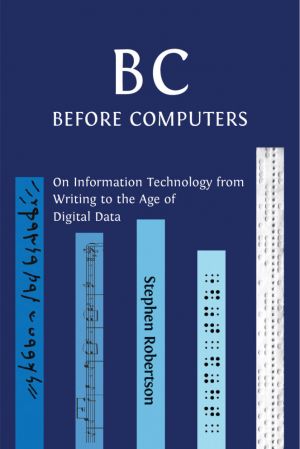B C, Before Computers
On Information Technology from Writing to the Age of Digital Data
by Stephen Robertson
DescriptionTable of ContentsDetailsHashtagsReport an issue
Treading the line between philosophy and technical history, Robertson draws on his extensive technical knowledge to produce a text which is both thought-provoking and accessible to a wide range of readers. The book is wide in scope, exploring the development of technologies in such diverse areas as cryptography, visual art and music, and the postal system. Through all this, it does not simply aim to tell the story of computer developments but to show that those developments rely on a long history of humans creating technologies for increasingly sophisticated methods of manipulating information.
Through a clear structure and engaging style, it brings together a wealth of informative and conceptual explorations into the history of human technologies, and avoids assumptions about any prior knowledge on the part of the reader. As such the expert and the general reader alike will find it of interest. 






Book Description
The idea that the digital age has revolutionized our day-to-day experience of the world is nothing new, and has been amply recognized by cultural historians. In contrast, Stephen Robertson's BC: Before Computers is a work which questions the idea that the mid-twentieth century saw a single moment of rupture. It is about all the things that we had to learn, invent, and understand - all the ways we had to evolve our thinking - before we could enter the information technology revolution of the second half of the twentieth century. Its focus ranges from the beginnings of data processing, right back to such originary forms of human technology as the development of writing systems, gathering a whole history of revolutionary moments in the development of information technologies into a single, although not linear narrative.Treading the line between philosophy and technical history, Robertson draws on his extensive technical knowledge to produce a text which is both thought-provoking and accessible to a wide range of readers. The book is wide in scope, exploring the development of technologies in such diverse areas as cryptography, visual art and music, and the postal system. Through all this, it does not simply aim to tell the story of computer developments but to show that those developments rely on a long history of humans creating technologies for increasingly sophisticated methods of manipulating information.
Through a clear structure and engaging style, it brings together a wealth of informative and conceptual explorations into the history of human technologies, and avoids assumptions about any prior knowledge on the part of the reader. As such the expert and the general reader alike will find it of interest.
This open book is licensed under a Creative Commons License (CC BY). You can download B C, Before Computers ebook for free in PDF format (28.0 MB).
Table of Contents
Chapter 1
In the beginning...
Chapter 2
Sending messages: the post
Chapter 3
Sending messages: electricity
Chapter 4
Spreading the word
Chapter 5
More about the alphabet
Chapter 6
Organising information
Chapter 7
Picture and sound
Chapter 8
On physics and physiology
Chapter 9
On perspective - and music
Chapter 10
Calculation
Chapter 11
Data processing
Chapter 12
Ciphers
Book Details
Title
B C, Before Computers
Publisher
Open Book Publishers
Published
2020
Pages
173
Edition
1
Language
English
ISBN13
9781800640290
ISBN10
1800640293
ISBN13 Digital
9781800640313
ISBN10 Digital
1800640315
PDF Size
28.0 MB
License

Related Books
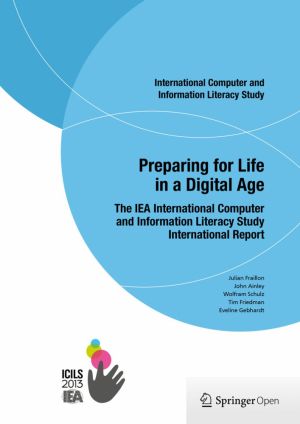
Ability to use information and communication technologies (ICT) is an imperative for effective participation in today's digital age. Schools worldwide are responding to the need to provide young people with that ability. But how effective are they in this regard? The IEA International Computer and Information Literacy Study (ICILS) responded t...
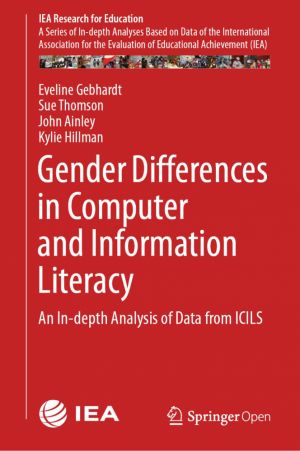
This book presents a systematic investigation into internationally comparable data gathered in ICILS 2013. It identifies differences in female and male students' use of, perceptions about, and proficiency in using computer technologies. Teachers' use of computers, and their perceptions regarding the benefits of computer use in education, ...
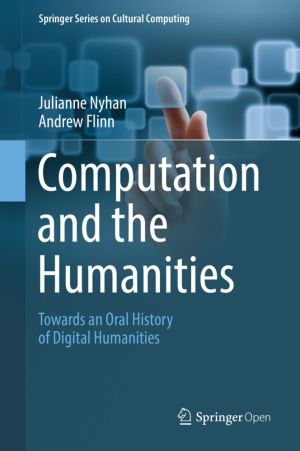
This book addresses the application of computing to cultural heritage and the discipline of Digital Humanities that formed around it. Digital Humanities research is transforming how the Human record can be transmitted, shaped, understood, questioned and imagined and it has been ongoing for more than 70 years. However, we have no comprehensive histo...
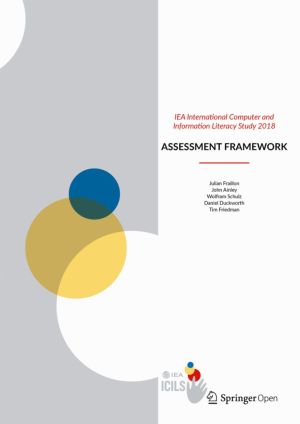
This free book presents the assessment framework for IEA's International Computer an Information Literacy Study (ICILS) 2018, which is designed to assess how well students are prepared for study, work and life in a digital world. The study measures international differences in students' computer and information literacy (CIL): their abili...
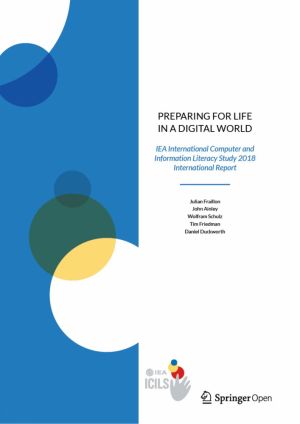
This book summarizes the key findings from the second cycle of IEA's International Computer and Information Literacy Study (ICILS), conducted in 2018. ICILS seeks to establish how well schools around the globe are responding to the need to provide young people with the necessary digital participatory competencies. Effective use of information ...
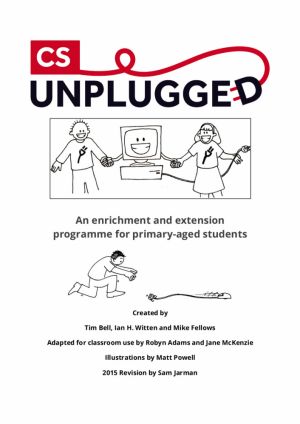
Computers are everywhere. We all need to learn how to use them, and many of us use them every day. But how do they work? How do they think? And how can people write software that is fast and easy to use? Computer science is a fascinating subject that explores these very questions. The easy and fun activities in this book, designed for studentren of...

